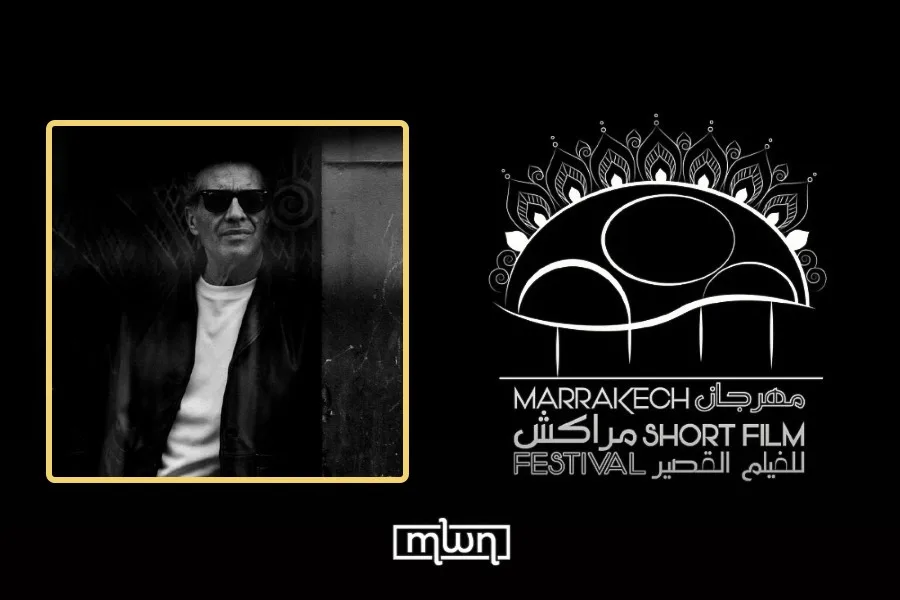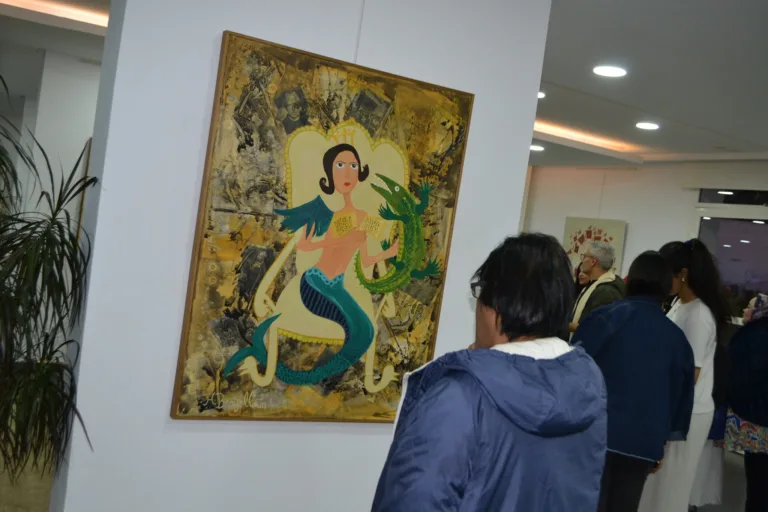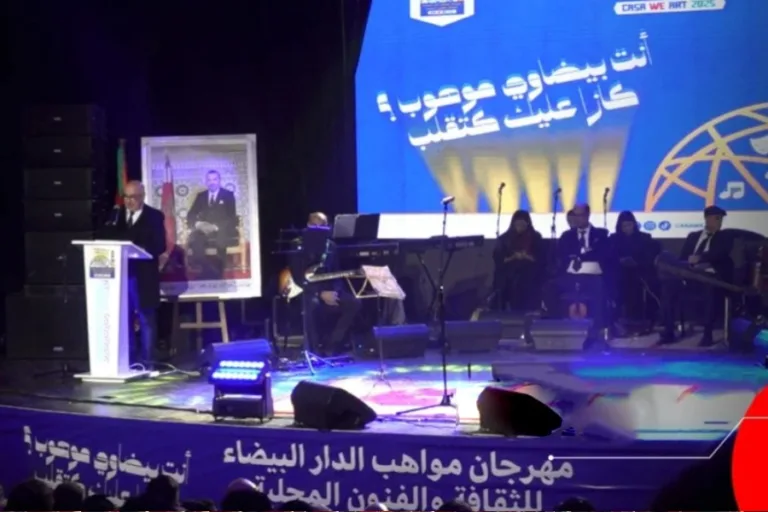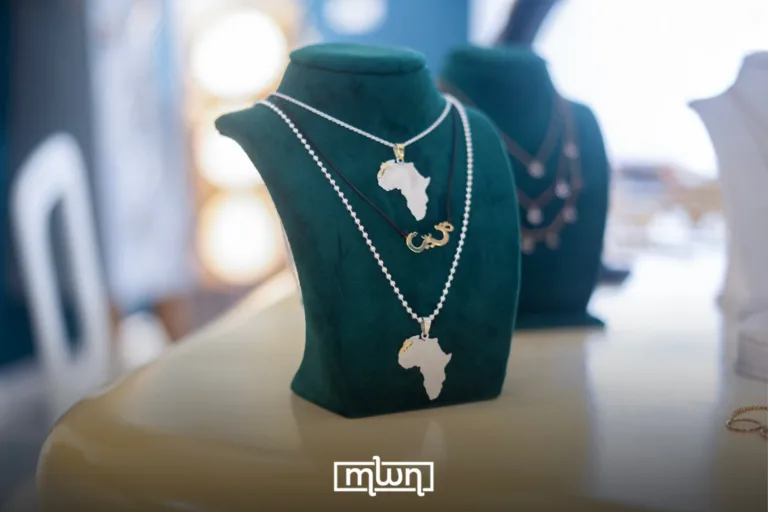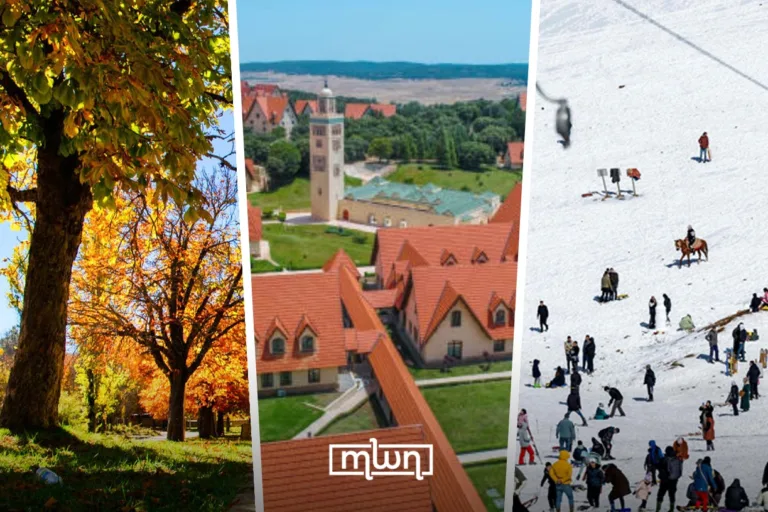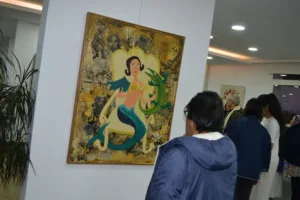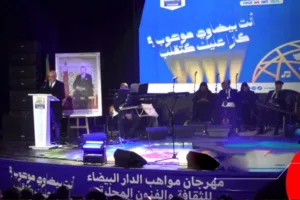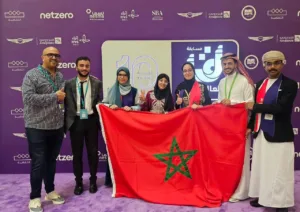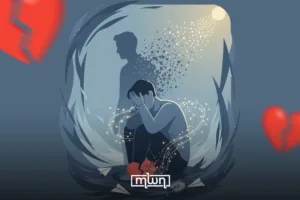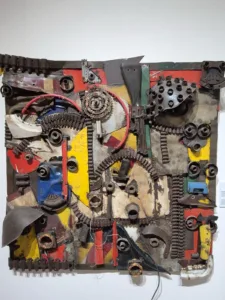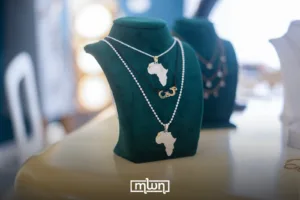Marrakech – Moroccan filmmaker Nour Eddine Lakhmari, who has long supported the festival for “giving the opportunity to unknown directors,” is returning to guide a new generation.
For Lakhmari, storytelling has always been less about prestige and more about responsibility; a responsibility he has carried since childhood.
Born in Safi in 1964, Lakhmari’s first encounter with cinema was not through lofty ideals of art, but through routine.
His mother, hoping to keep him out of trouble, allowed him to spend his teenage days in movie theaters. “When I was 13, my mom used to allow me to go to the movies to avoid getting in trouble,” he tells Morocco World News.
“I was consuming all movies, including Chinese, Hindu, American, and French, in Safi. From that moment, I knew that telling stories is what interests me the most.”
With little else to do in the small coastal city apart from Dar Chabab youth center, imagination became his escape and, eventually, his calling.
His path to filmmaking was unconventional. At 18, he left Morocco to study pharmacy, only to abandon the discipline in favor of cinema studies in Norway.
There, he discovered the work of Ingmar Bergman, whose “The Seventh Seal” left an indelible mark on him.
“It marked me for life,” he says. The influence of Scandinavian cinema shaped his artistic vision, blending with his exposure to American filmmaking and later solidifying into a style uniquely his own.
Yet for Lakhmari, cinema has never been about glamor. “Many people think cinema is all about being important or famous. But it’s about telling stories and responsibility,” he stresses.
Responsibility is perhaps nowhere clearer than in his enduring relationship with Casablanca, a city that has become both muse and canvas for his most powerful works, including “Casa Negra,” “Zero,” and “Burnout.”
Casablanca as muse and mirror
To him, Casablanca embodies Morocco in all its contradictions.
“You have all the social classes, diversity, and ideologies. A lot of people think the city doesn’t have a soul, but it can actually show you a lot of beautiful things if you have the eye for it.”
His films often venture beyond polished facades to capture the city’s raw humanity; the struggles, the poetry of Darija spoken on the streets, and the loneliness that lingers even in the crowded chaos.
“If you want to film in Casablanca, you have to be honest with the city,” he said.
That honesty means resisting the temptation to romanticize or caricature. His portrayals have often been criticized as too harsh, sometimes even vulgar, but he sees them as true to life.
“Many people thought the language was vulgar. And it’s true, because we have to feed reality. The streets have taken Darija as their own language. It doesn’t mean it’s bad. I think Darija is a beautiful language and very poetic.”
Themes of alienation and loneliness run throughout his characters, not as mere artistic flourishes, but as reflections of the city’s relentless pace and the identity struggles of its people.
“Most of my characters are lonely, even in groups. In a big city like Casablanca, somehow, somewhere, you are on your own,” he explained.
For him, the distinction between being “Casawi” and “Bidawi” encapsulates this search for belonging; a feeling of being rooted everywhere and nowhere at once.
Beyond his own films, Lakhmari is deeply concerned with the trajectory of Moroccan cinema on the global stage.
He questions whether filmmakers are creating primarily for festivals or for audiences, and what that means for the industry’s growth.
“The most important thing is we have to be looked up to by audiences worldwide.
That’s how we’re going to sell our image and our soft power,” he stated.
For him, Morocco’s cinema must move beyond mimicry and festival circuits to craft a unique philosophy and industry model that can stand alongside those of Egypt, Denmark, or Korea.
Streaming platforms, in his view, represent both risk and reward. “It’s dangerous because those platforms have an agenda and a cliche about you. But if you’re smart enough, you can create something and get the chance to tell your own story your own way.”
As far as Lakhmari is concerned, Morocco must develop a self-sustaining cinematic ecosystem with real producers, strategy, and vision.
His most recent film, Burnout (2017), remains his most personal to date. “It was a very emotional movie. It impacted me very much. It was a good experience because you rethink everything; as a person, as a filmmaker, and as somebody who wants to make their country build its own story.”
‘You have to create your own image’
To Lakhmari, cinema is not just entertainment, but a potent cultural force.
“Cinema is the most powerful soft power. Images are the most powerful weapon you can have. But you have to create your own images.,” he explains. “Any country that doesn’t create their own images will not have a visual identity. Others will come and make their stories for you, and when they do, they make you a cliche.”
As time passes, Lakhmari’s commitment to honest storytelling remains unwavering. He is not only chronicling Morocco’s present but shaping its cinematic future, one film, one story, one generation at a time.
With this year’s Marrakech Short Film Festival fast approaching, his message to young Moroccan filmmakers bears both a sense of humility and a desire to empower the coming generation, to encourage them to do their own things in their own voices.
“Don’t tell stories like I did. Tell your own. That’s the beauty of cinema” he says. “It’s a universal language, and you can tell your story in different ways. In the end, what is cinema? It’s creating emotions, touching the heart and brain of people.”

